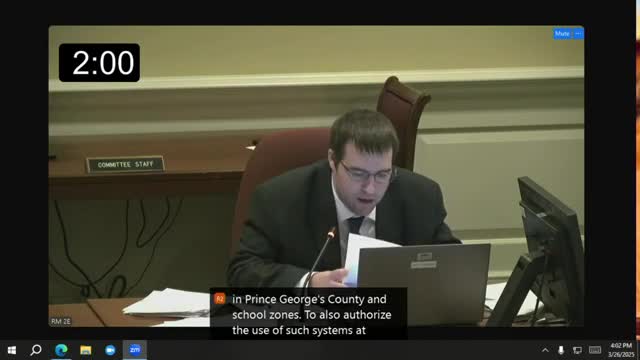Article not found
This article is no longer available. But don't worry—we've gathered other articles that discuss the same topic.
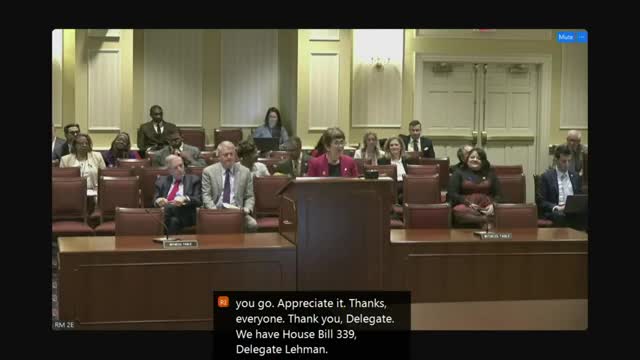
Bill to require air conditioning in new and renovated rental units draws debate over rural impact
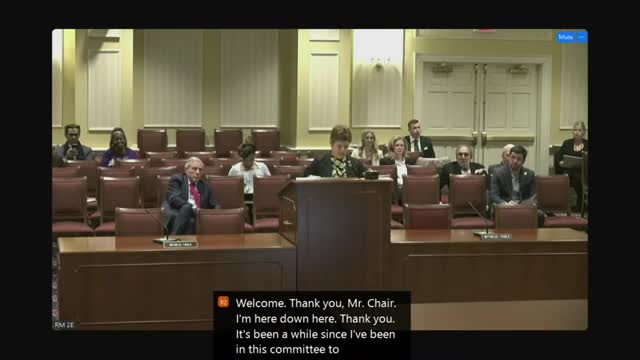
Bill would let Maryland counties publish legal notices in qualifying digital outlets
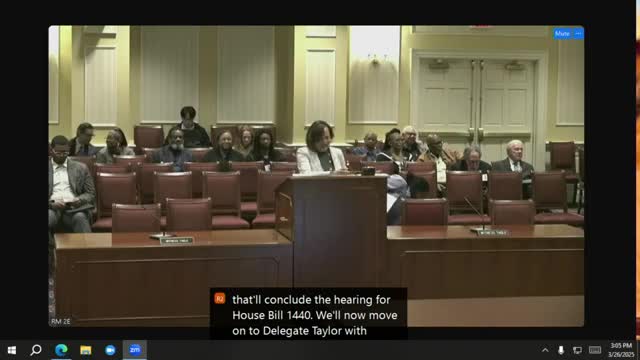
Appraisal reform bill seeks reconsideration process; bankers and lenders voice strong concerns
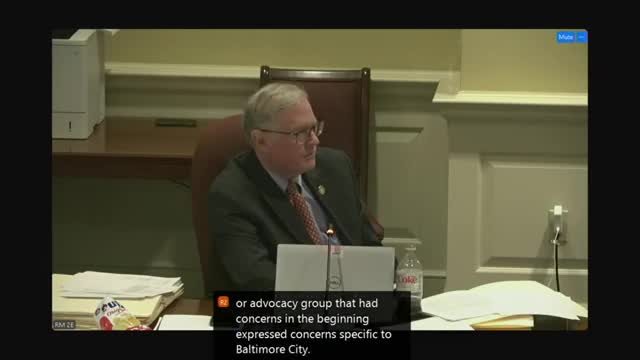
Register-of-wills bill to let certain estate notices publish online prompts industry pushback
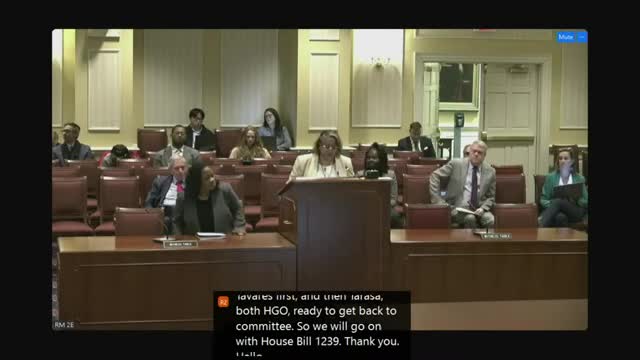
State bill would set statewide rules for landlord entry, require 24‑hour notice for most visits
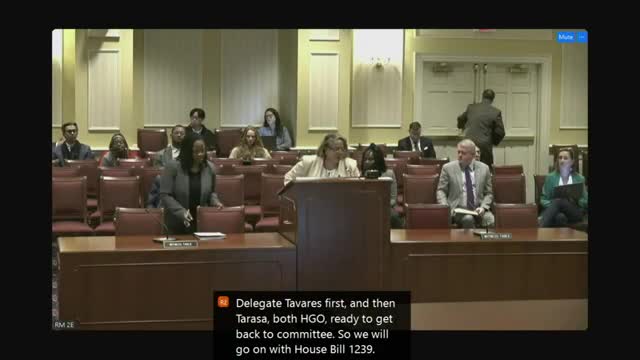
Bill would codify disparate‑impact standard for fair-housing enforcement at state level
